Self-reflection: “What would I like to do when I graduate and who do I want to be?”

(Illustration: Giphy)
Self-reflection is part of the new CBS strategy. Three students share their thoughts on what self-reflection means to them, and how to avoid getting lost in your ambitions and goals.
Making time for self-reflection is one of the many priorities in CBS’ new strategy. The aim is to create a sphere for students to become more self-reflective about their true needs and intentions as well as who they really would like to become.
Student writer Ida Söderholm sat down with three students to hear their perspectives on the introduction of self-reflection to the new strategy, and also to get their tips and thoughts on how being self-reflective has helped them.
“What would I like to do when I graduate and who do I want to be? These are questions all CBS students face at some point in their lives, and I think the most common answer is, I don’t know,” says Luca Rodenberg, bachelor’s student at IBA, putting his finger on a specific issue the updated strategy is being implemented to help students to consider.
“Developing a language for students to talk about self-reflection will be very meaningful for them but also for the choices they make outside the university,” says Benjamin Coleman, a master’s student of strategy, organization and leadership. He adds how it will help promote creativity, curiosity and innovation.
For Theresa Quynh Tho Dinh, master’s student in organizational innovation and entrepreneurship, developing that language has felt like a crucial part of her thinking, work and overall self-growth in the past few years.
After recently finishing her bachelor’s degree, she struggled to identify and visualize the goals in her life that would feel fulfilling and bring her joy.
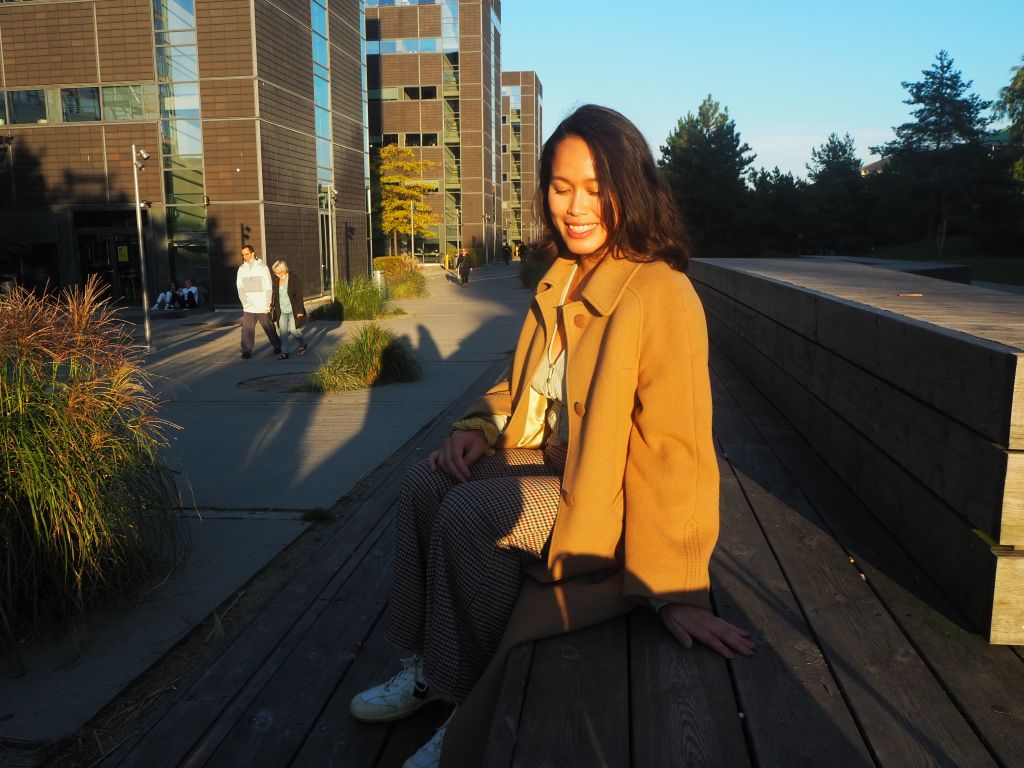
“I believe that is very common that students get lost in their ambitions and goals because they are unable to find the time or don’t have the tools to reflect over their decisions,” says Theresa Quynh Tho Dinh, master student in Organizational Innovation and Entrepreneurship. (Photo by Ida Söderholm)
“I believe it is very common for students to get lost in their ambitions and goals because they are unable to find the time or don’t have the tools to reflect on their decisions. I believe that was the reason why I felt lost after I finished my bachelor’s,” says Theresa as she expands on how focusing too much on a set goal with no room for adjustment can be damaging for the things learned and absorbed along the way.
Her prime tip when feeling lost, stressed or uncentered? Keeping a journal.
“Writing my thoughts down in a journal has really helped me make sense of them and feel less controlled by and worried about them. I write in my journal every single day now and try to do it without expectations of what comes out onto the paper.”
According to Luca Rodenberg, expectations that are too high or comparisons becoming toxic can certainly steal your enjoyment and undermine your ability to feel good about your own accomplishments.
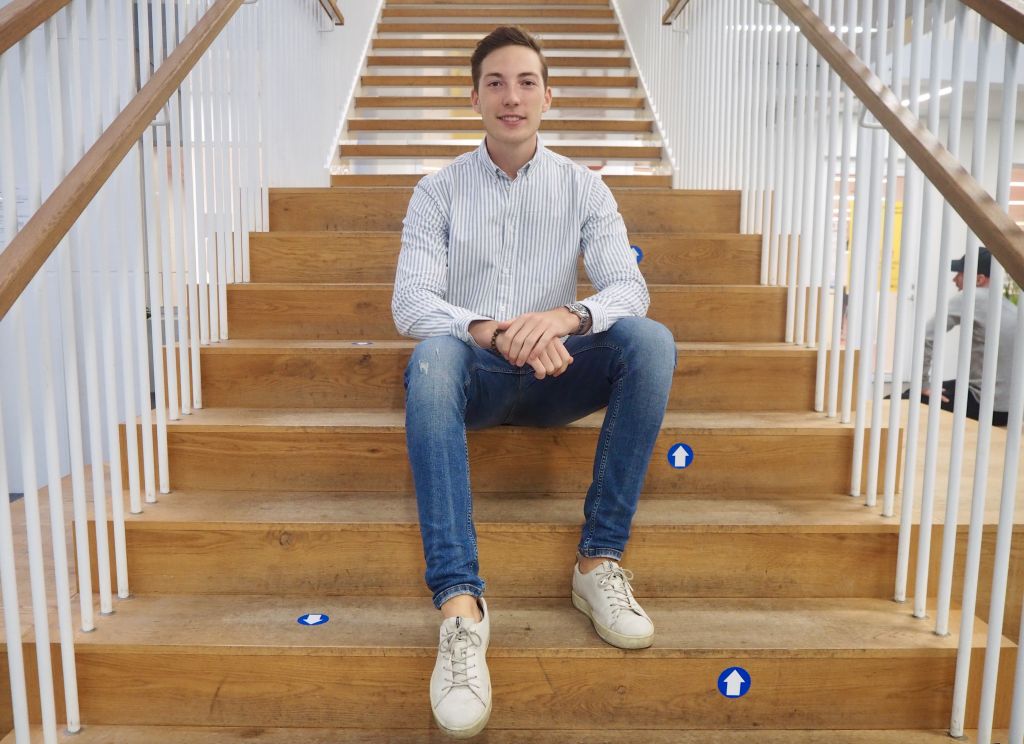
“I try to, in the best way I can, not compare myself or what I do in life to others,” says Luca Rodenberg, bachelor student of IBA. (Photo by Ida Söderholm)
“In the best way I can, I try not to compare myself or what I do in life with others,“ he says as he describes the CBS strategy’s aim to curb student stress levels in a more critical light.
“Setting the goal to curb student stress levels here at CBS might be simplifying a deeper-seated issue that needs to be targeted with that in mind. I think the stress of being a university student at a well-known business school and what that entails will always be around”, he says.
“I think the initiative is amazing and believe that the question then involves teaching students to embrace their stress, control it and use it as ammunition without letting it consume them.”
Flexibility and facing unattractive qualities
One of the strategies Benjamin Coleman uses to calm his mind from the stressful situations around him is yoga.
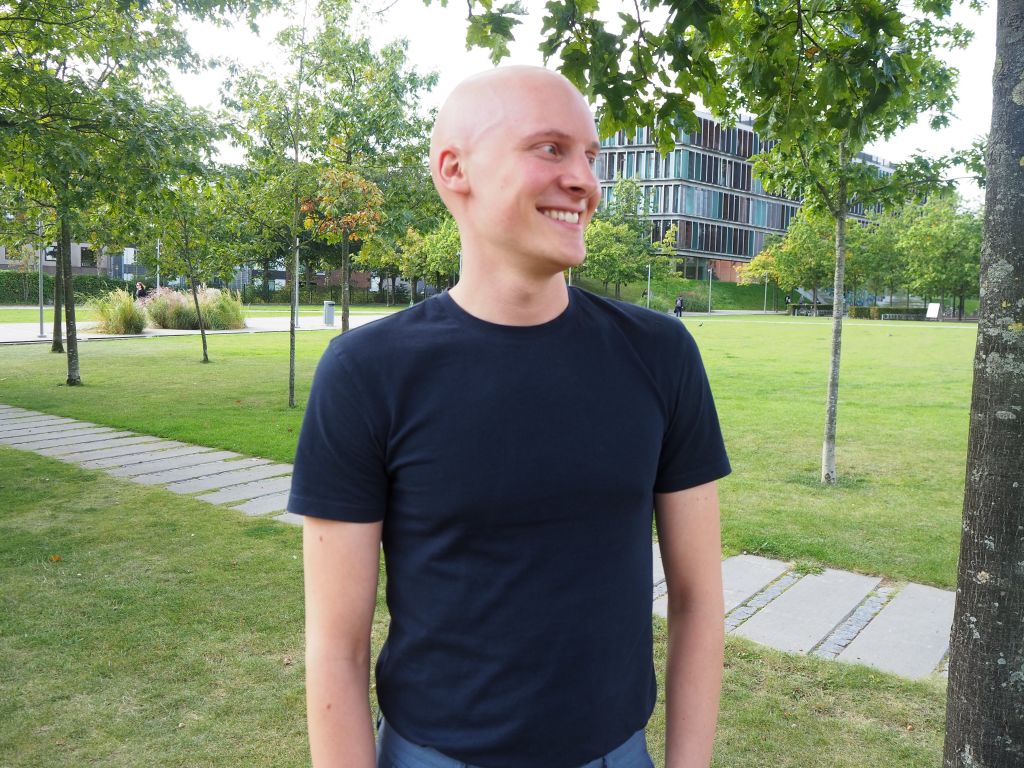
“Developing a language for students to talk about self-reflection will be very meaningful for themselves but also for the choices they make outside of the university,“ says Benjamin Coleman, master student of strategy, organization and leadership. (Photo by Ida Söderholm)
“I am definitely not the most flexible person you will find,” he says with a smile on his face and gesture to show it does not really matter at all.
“Yoga is the breathing space I need to align with what is important in my life. I also like to use other forms of exercise for that purpose,” he continues.
For her part, Theresa Quynh Tho Dinh also bent over backwards to find the perfect career.
How do you view me, and how would you describe my best and worst qualities?
At a time when she felt lost in her goals and was struggling to move ahead, she decided to ask people around her two eye-opening yet painful questions:
How do you view me, and how would you describe my best and worst qualities?
“I noticed that almost everyone had acknowledged my strength in seeing potential in people, projects and situations, which actually led me to choose my master’s program in organizational innovation and entrepreneurship!” she shares excitingly.
“Some of the more negative attributes that people noticed in me weren’t as easily digested. One person said that I was really unorganized, which was an issue that I had been trying to work on for a long time. That was hard to hear and initially, I felt offended.”
With a sense of achievement shining in her eyes, she continues: “One lesson I have learned from being more self-attentive and self-reflective is that, when something really bothers me, it’s often because deep-down, I know it is true.”
Instead of shying away from a perceiving offensive yet unintentionally hurtful comment, she shares a tip about trying to be brave and own it – take the comment, dissect it and have a close look at it.
“On occasions when I can step away from the shame related to my more negative personality traits, I am actually able to find the space to improve, identify the root of the problem and then adopt a new habit, “she says.
Find your own space
Theresa now believes she is on track with her master’s degree and job in the consulting industry as she wishes to contribute to, help and watch things grow.
Similarly, Luca Rodenberg and Benjamin Coleman have aspirations and goals and see themselves making future contributions that include being part of a bigger picture, but in their case, across borders.
“With my education and the aspects I am continuously learning about myself, in the future I would like a job that reaches further than the borders of Europe and assists with business relations across different countries, thereby contributing to a more globalized world,” says Luca Rodenberg.
“If I can contribute to societal and cultural bridge-building, or work with innovation while simultaneously adding value to improve welfare, then that’s my dream and I will be more than content with that,” says Benjamin Coleman, as he prioritizes the importance of doing something that you enjoy, and that part of that always consists of creating value for something bigger than just yourself.


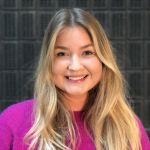
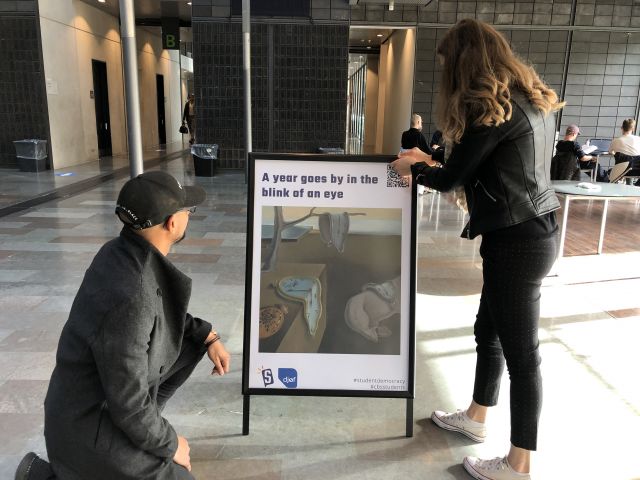
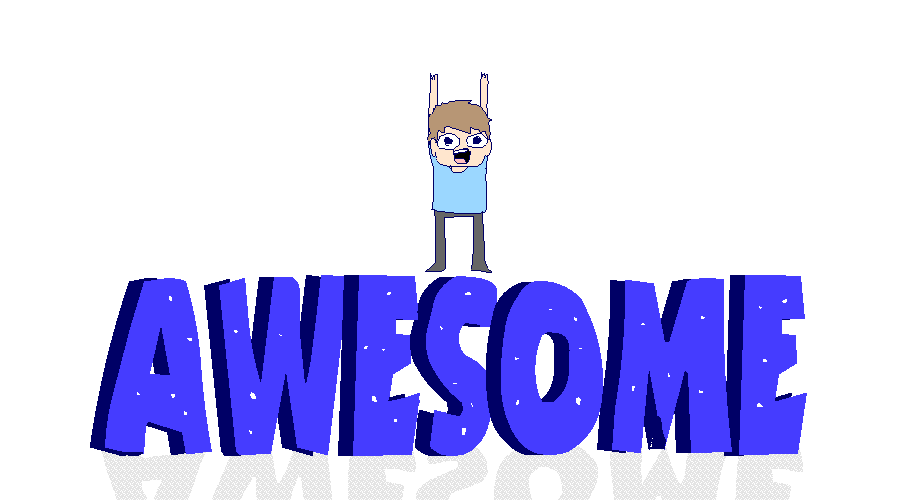

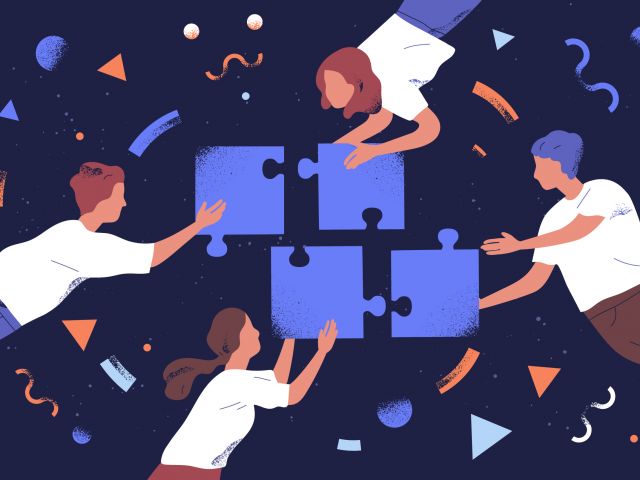
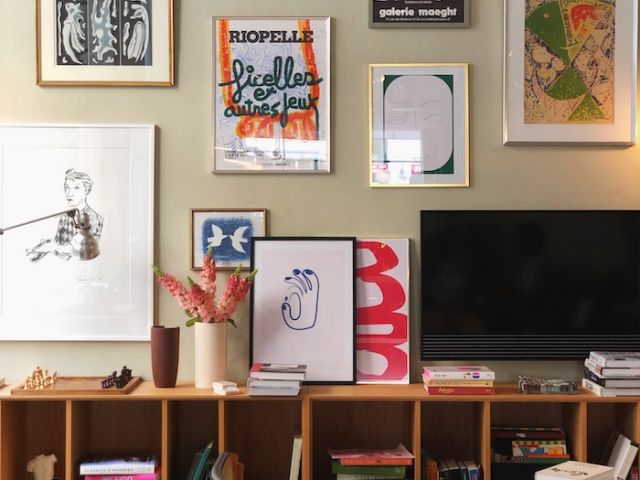





























































































































Comments